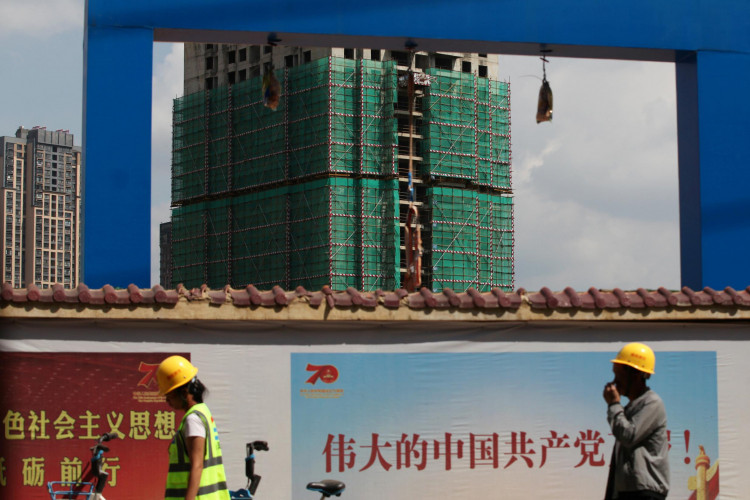Chinese real estate developers are pricing their new home projects at a discount to drum up sales through market-cooling measures, seeking to boost cash as a sliding currency increases debt repayment costs.
Some builders are cutting their selling prices by as much as 10 percent to boost cash flows, following recent official data showing that the economy has grown at the slowest pace since records began in March 1992.
After the economic survey, data showing new home prices in September (excluding state-subsidized housing) increased by the smallest since February in 70 Chinese cities.
"In the coming two months, we are still under pressure to sell more houses," said Gao Shen, an independent analyst based in Shanghai who specializes in socio-economic issues. "In view of the government's commitment to cool down the property market, we may not be able to sustain the expected sales growth next year."
Strengthened loan laws, price caps on new apartments and condominiums, and a more strict approval process are among measures taken by central and local governments after 2016 to tamp down price speculation. Banks were also required to curtail developers' easy credit.
Chinese investors are also monitoring the Chinese yuan's output among the biggest issues in the economy. In August, the local currency fell beyond the symbolic 7 per dollar mark, raising concerns that further weakening could be in store in the middle of strained trade ties with the US.
Since mid-October, the currency has stabilized at around $7.07, which Governor Yi Gang of the central bank described as an "appropriate level." A lower yuan raises foreign-currency debt servicing rates.
There are some bright spots on the market suggesting that the sector might enjoy some breathing space from the political squeeze and downbeat feeling caused by the Sino-US trade war.
According to a survey by CGS-CIMB Securities, contract sales by 20 mainland developers climbed 27 percent year-on-year, beating expectations as developers cut rates to attract buyers by 5 to 10 percent. According to a survey, strong sales momentum could be maintained through the year-end.
Meanwhile, a Friday report showed that average home prices across mainland China were down last month by 0.4 percent, signaling weakening market prices in smaller cities that were not included in the 70-city index.
The challenge for policymakers will now be to cushion the ongoing slow down and avoid an all-out property crash that would devastate an economy that has been growing at its slowest pace since the last decades.





